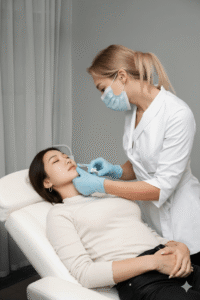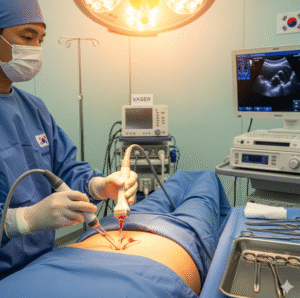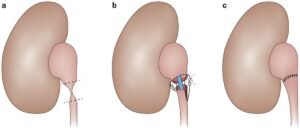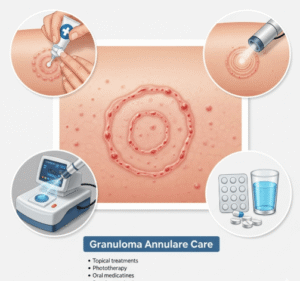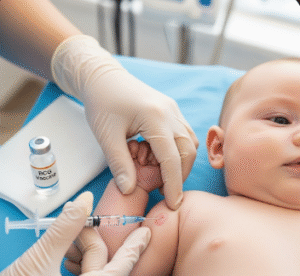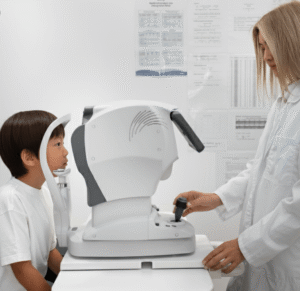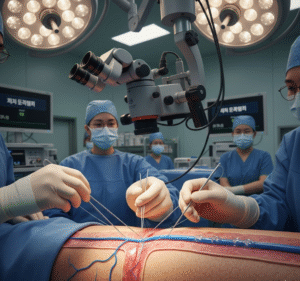Overview
Limb-Girdle Muscular Dystrophy (LGMD) is a group of inherited disorders characterized by progressive weakness and wasting of the muscles around the hips and shoulders (the limb-girdle area). It affects mobility and daily activities, with symptoms typically appearing in adolescence or adulthood.
What Is Limb-Girdle Muscular Dystrophy?
LGMD encompasses various genetic muscle disorders that primarily target the proximal muscles of the pelvic and shoulder girdles. These disorders lead to muscle degeneration, causing weakness and loss of muscle mass over time. Different types of LGMD exist, classified by their genetic causes.
Symptoms
- Progressive muscle weakness around hips and shoulders
- Difficulty climbing stairs, rising from a seated position, or lifting objects
- Muscle wasting and loss of muscle bulk
- Fatigue and muscle cramps
- Postural abnormalities and difficulty walking
- Possible involvement of heart or respiratory muscles in some types
Causes
- Genetic mutations affecting proteins responsible for muscle structure and function
- Inherited in autosomal dominant or recessive patterns depending on subtype
Risk Factors
- Family history of muscular dystrophy
- Certain ethnic backgrounds with higher prevalence of specific LGMD types
Complications
- Loss of mobility requiring assistive devices like walkers or wheelchairs
- Respiratory difficulties due to weakened breathing muscles
- Cardiomyopathy (heart muscle disease) in some forms
- Reduced quality of life due to muscle weakness and disability
Prevention
- Genetic counseling for families with a history of LGMD
- Early diagnosis and intervention to manage symptoms and slow progression
- Avoidance of activities that may cause muscle injury
Treatment Options in Korea
Korea provides advanced multidisciplinary care for LGMD, including:
- Physical Therapy: Customized exercise programs to maintain muscle strength and flexibility.
- Occupational Therapy: Assistance with daily activities and use of adaptive devices.
- Respiratory Support: Monitoring and treatment for breathing difficulties.
- Cardiac Care: Regular heart evaluations and treatment if cardiac involvement occurs.
- Genetic Counseling: Support for affected families regarding inheritance and family planning.
- Emerging Therapies: Participation in clinical trials for gene therapy and novel treatments at leading Korean medical centers.
- Supportive Care: Pain management, psychological support, and social services.
With Korea’s state-of-the-art medical facilities and expert teams, patients with LGMD receive comprehensive care tailored to improve function and quality of life.


